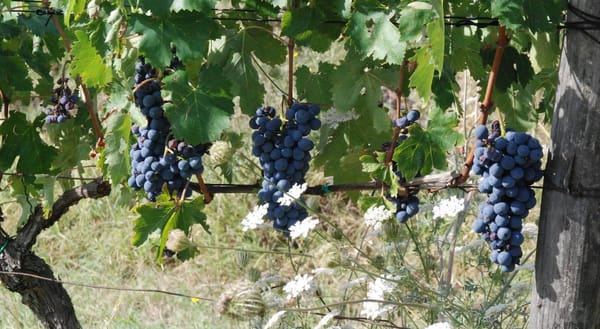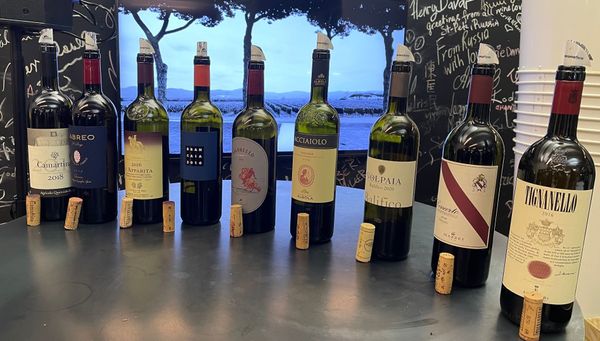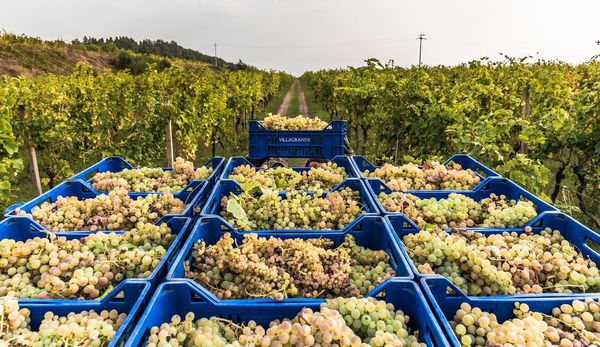Producer Guide: Cantina il Passo (Basilicata, Italy)

Discover Basilicata
The story is a simple one. After years of work in Naples, two great characters, Maria Grimolizzi and husband Rafaelle returned to their ancestoral lands in Rapolla to extend their agricultural holdings into the wine sector. The plan was to grow high quality fruit and create a low production wine that focusses on quality not quantity.
With just one vintage behind them and and only around 5000 bottles at their disposal, these are still very early days. Yet, under the guidance of local (and highly respected) oenologist Fabio Mecca, and with plenty of terrain waiting in the wings the family have the potential to develop quickly if they can build relationships with the right domestic and international partners.
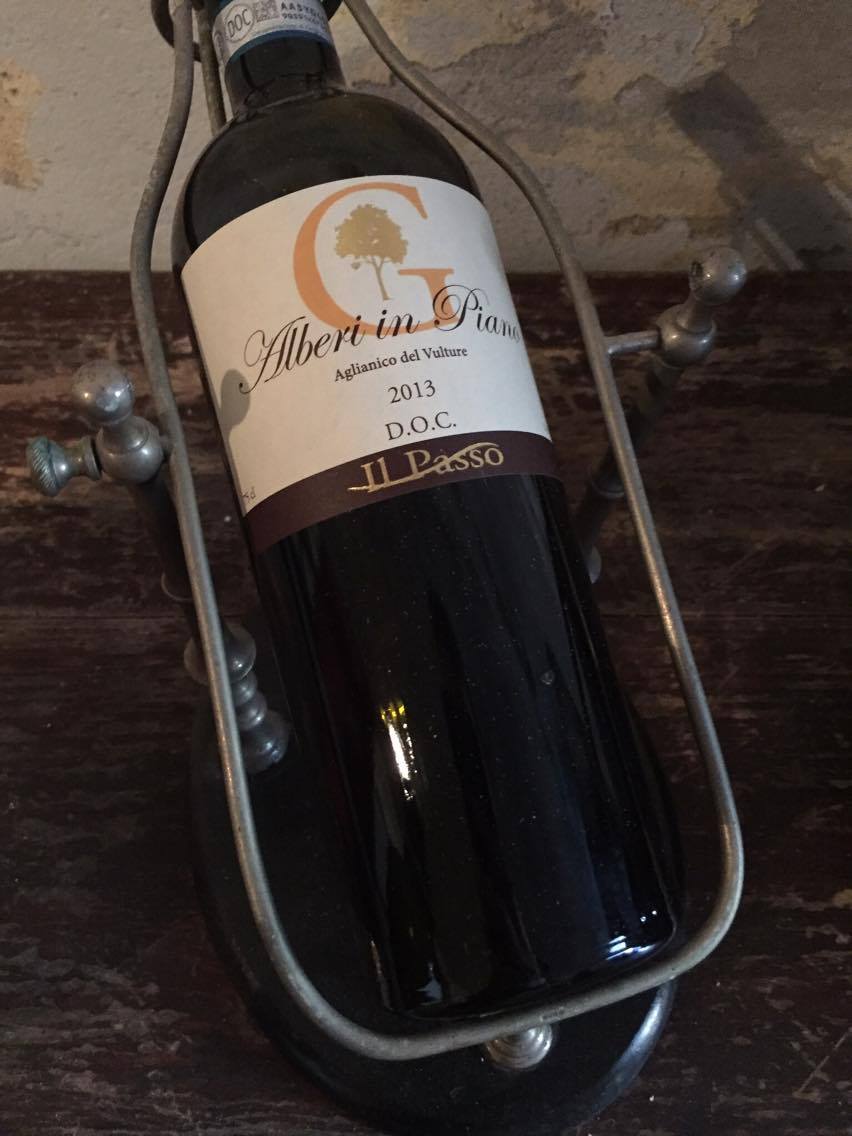
The next step is to complete the refurbishment of the cellar, a large cave cut into Barile's legendary tuff rock hillsides, first excavated by Arbereshe settlers over 400 years ago. These ancient grottoes are perfect for the maturation of wine as their cool and stable temperatures and high levels of humidity allow wine to stay safely in barrels for many years. Cantina il Passo's site in particular is large enough to handle a decent volume as well as offering extra space for tastings and events.
While there are 60 hectares in Rapolla planted with various agricultural crops (grain, olives etc), only one is under vine. There are four more hectares in Barile with an average vine age of 35 years. Needless to say, the variety, like most other vineyards in the Vulture, is Aglianico.
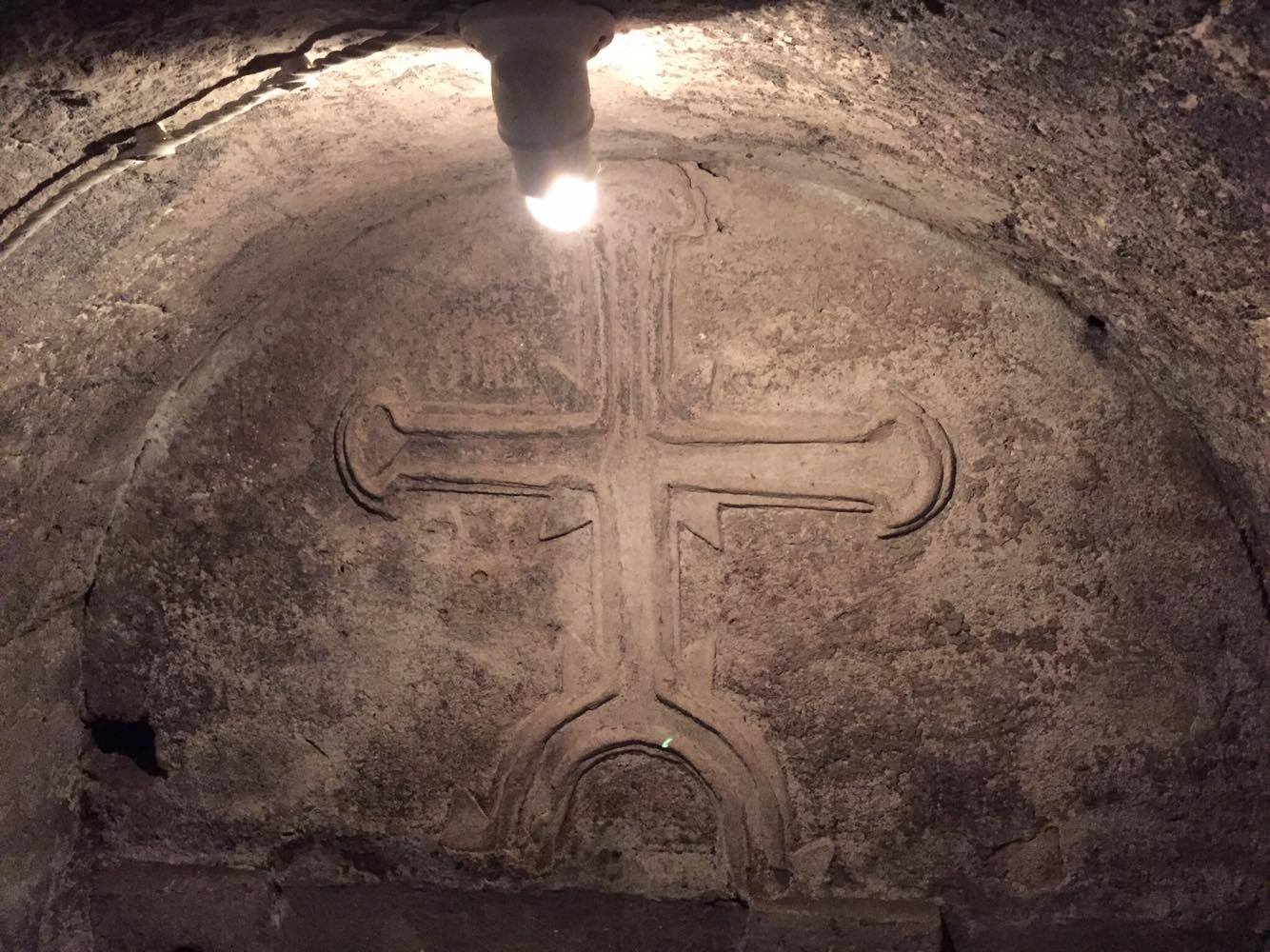
So, following a manual harvest and transportation back to the cellar in small trays, the wine received a classic red fermentation, around 15 days at 28 degrees. After two months in stainless steel the malolactic fermentation took place in tonneaux where the wine then stayed for another 18 months.
It is certainly a project worth keeping an eye on.
Aglianico del Vulture DOC 'Alberi in Piano' 2013 by Cantina il Passo Typical varietal aromas of black cherry and balsam on the nose. The palate is dry and dusty with intense notes of forest fruits, subtle wood and an earthy finish. (December 2016)

